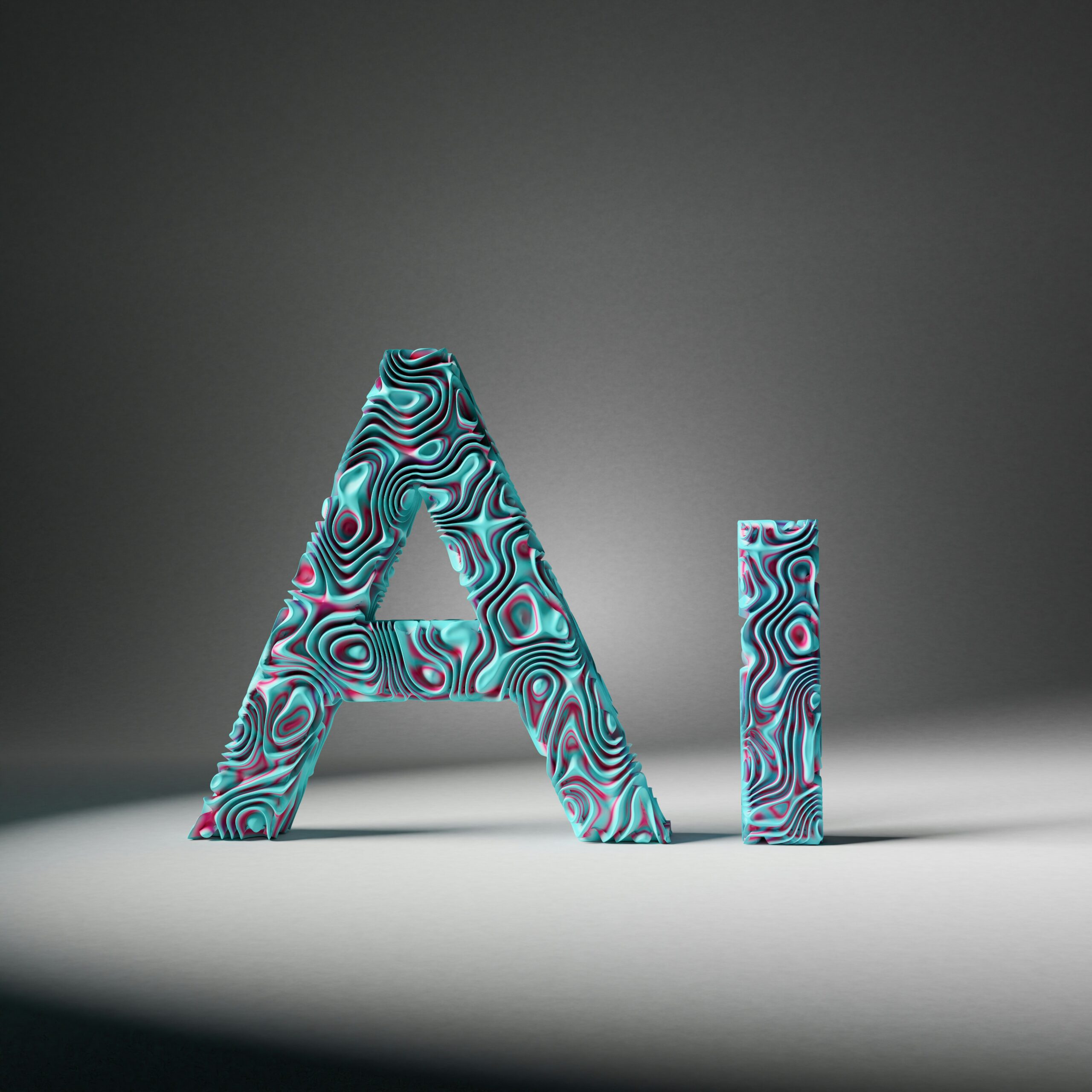Despite major investment in AI, only 1% of organisations feel they’ve achieved successful, ‘mature’ adoption. To unlock AI’s potential, HR leaders should prioritise agility and people-first transformation that empowers employees to flourish alongside new tech.
Many organisations are approaching AI as a technical problem, investing in infrastructure, algorithms and specialist talent. But this approach misses an important piece of the puzzle. AI success doesn’t come from the tech alone – it’s about culture, mindset and leadership. It’s a people challenge.
The illusion of progress
It’s tempting to assume we’re all singing from the same hymn sheet and making strides. But in practice, adoption is still shallow. While most organisations have launched pilot programmes or use AI in isolated workflows, few have managed to build these efforts into something that changes how their organisation operates.
Recent research from McKinsey highlights the disconnect. Though the majority of companies are investing in AI, just 1% say they’ve reached a level of maturity where AI is deeply integrated and delivers concrete business results. Even after years of planning and spending, four out of five organisations haven’t yet seen a measurable impact on profitability.
This isn’t about a failure of intent. It’s a failure to transform.
Much of the stagnation comes down to how AI is introduced. Many executives view it as another system to roll out. But for the employees expected to adopt and work with AI daily, the experience is often confusing, intimidating or even threatening. When technology is implemented without clarity, support or involvement, resistance is inevitable.
This top-down mindset – where AI is seen as a leadership mandate rather than a shared journey – creates silos. Senior leaders may feel excited and empowered, but middle managers and frontline teams can be left disengaged. Closing this gap means moving beyond technical rollouts and developing an organisational culture that’s set to evolve.
Ethics, safety and trust
As we integrate AI into more areas of work, organisations must also consider its ethical implications. Employees, customers and regulators alike are paying closer attention to how AI is used (and misused).
To build trust, companies need clear frameworks. This might include creating ethics committees to oversee AI implementation, ensuring transparency in algorithmic decisions, or defining boundaries around what AI should and shouldn’t do. These aren’t just compliance measures, they’re enablers of confidence internally and externally.
The message to employees should be clear: AI is being introduced responsibly, thoughtfully and with their best interests in mind.
Perhaps the most significant barrier to adoption is fear. Fear of being replaced, made redundant or left behind. That fear is real and unless it’s addressed, it can lead to passive resistance or disengagement.
Business leaders and their HR partners should reframe AI not as a ‘job killer’, but as a ‘job shaper’ – something that frees up time, enhances decision-making and creates space for more strategic, fulfilling work. This shift requires storytelling, communication and transparency. Highlight how AI is helping real employees, showcase wins and encourage honest conversations about concerns.
Upskilling is essential here. Investing in training programmes that empower employees to collaborate with AI, rather than compete against it, sends a powerful message – you’re valued and we’re investing in your future.
Leading with emotional intelligence
In a moment of big change, the best leaders and HR teams aren’t necessarily the most tech savvy – they’re the most emotionally intelligent. They listen. They empathise. They know when to lean in with data and when to step back and make space for human concerns.
AI might optimise workflows, but it’s empathy that builds resilient teams. HR leaders who focus on psychological safety, who welcome questions and admit they don’t have all the answers, will be best placed to guide their organisations.
This emotional intelligence is also more likely to fuel curiosity. When people feel safe to experiment, learn and adapt, transformation becomes not just possible, but sustainable.
Breaking down silos, encouraging cross-functional collaboration and setting up feedback loops that capture learning in real time all contribute to a more responsive, resilient organisation. And agile approaches enable companies to test and iterate AI initiatives quickly, scaling what works and discarding what doesn’t.
At the same time, internal communication must keep pace. Demystifying AI with clear, jargon-free updates, using real examples and keeping the door open for dialogue can dramatically increase employee engagement and understanding.
People first
AI has the potential to become the defining transformation of our generation – on par with the Industrial Revolution in scope and impact. But its success will hinge not on how many models we deploy or how advanced the tools are, but on how well we integrate them into the fabric of our workplaces.
That means supporting people, earning trust and designing work in a way that enhances human capability rather than replacing it. AI isn’t the goal; it’s a catalyst. The aim should surely be better work, smarter decisions and more fulfilled teams.







